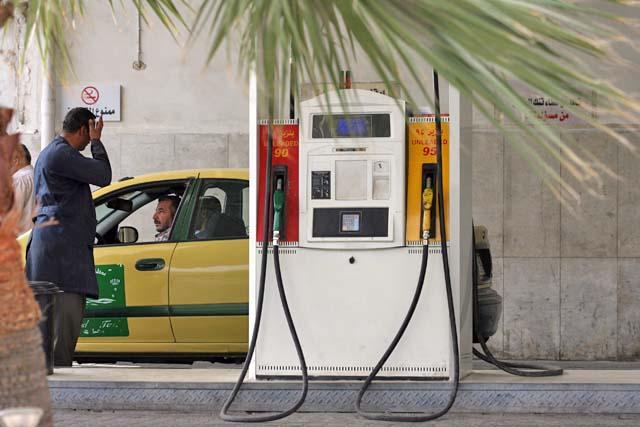AMMAN — Justice Minister Bassam Talhouni on Monday announced a three-year strategy for his ministry that seeks to speed up court proceedings and fully automate the judiciary.
The 2014-2016 strategy will also develop the Justice Ministry to become an efficient institute that will support the independence of the judiciary and strengthen society’s faith in the judicial system, Talhouni said at a press conference.
In addition, the strategy aims at drafting policies and modern legislative initiatives, and safeguarding the legal rights and freedoms of citizens, the minister added.
One of the main obstacles that the strategy will address, according to Talhouni, are the delays in judicial notifications and fake addresses.
“I have to admit that there are delays in delivering judicial notifications, which is hindering court proceedings and applications of verdicts, and we are working to resolve this issue,” the minister stressed.
He added that one of the steps already adopted is compiling data of citizens’ addresses by collaborating with water and electricity companies, the Civil Status and Passports Department, the Interior Ministry and the police.
“This will hopefully ensure the delivery of notifications to the right people, since some people fill out fake addresses to further hinder court proceedings.”
The minister said the focus will continue on training judges on an annual basis, and — at the same time — “we are working on improving and amending the Judicial Council’s regulations to ensure that qualified judges will serve in the judiciary.”
Turning to gender-based issues, Talhouni noted that the judicial strategy aims at initiating awareness plans to spread the concept of gender equality and provide the necessary training to judges to deal with cases related to women and children.
The strategy includes drafting a new law for the independence of the judiciary and a new penal code, he said.
“The independence of the judiciary is a red line.”As for the Penal Code, the minister added that this law will be revisited since it was drafted in 1960.
“The type of crimes has changed, and we need to update our Penal Code to match life advancements and the new kind of crimes our society is witnessing.”
Under the strategy, the ministry will examine the application of alternative punishments, allowing convicts to serve community hours for certain crimes, Talhouni stated, adding that “we will attempt to apply this if we find the right tools.
“This strategy and all our work complement the work done by our predecessors, and our aim is to build on the accomplishments and previous strategies.”













